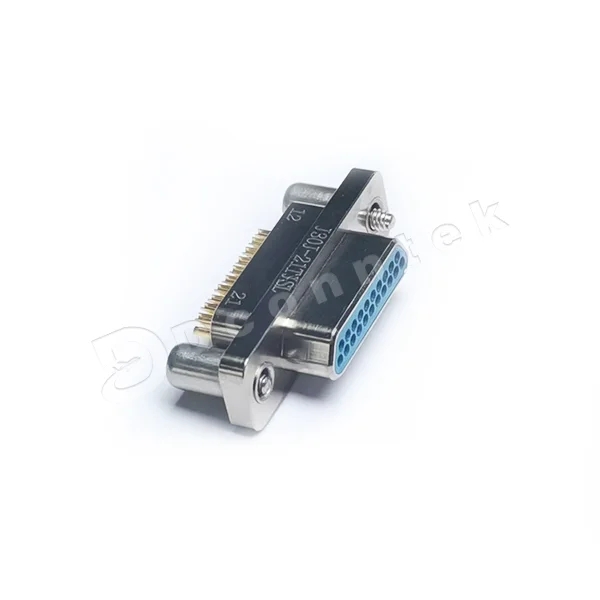In the automotive industry, fuel pumps play a crucial role in delivering fuel from the tank to the engine. However, there are two primary types of fuel pumps: mechanical and electric. Understanding the differences between these two systems is essential for both car enthusiasts and professionals. In this article, we will delve into the intricacies of mechanical and electric fuel pumps, exploring their functionalities, advantages, and limitations.
- Mechanical Fuel Pumps:
Mechanical fuel pumps have been a staple in the automotive industry for decades. These pumps are typically driven by the engine's camshaft or a dedicated eccentric lobe. Here are some key characteristics of mechanical fuel pumps:
a. Simplicity and Reliability:
Mechanical fuel pumps are known for their simplicity and robustness. They consist of a diaphragm or a piston that creates a vacuum to draw fuel from the tank and push it towards the engine. Due to their mechanical nature, they do not rely on electrical components, making them less prone to electrical failures.
b. Compatibility:
Mechanical fuel pumps are compatible with a wide range of vehicles, including older models. Their design allows them to work efficiently with carbureted engines, which were prevalent before the advent of fuel injection systems.
c. Limited Pressure and Flow:
One of the limitations of mechanical fuel pumps is their relatively lower pressure and flow rates compared to electric pumps. This constraint can restrict their usage in high-performance or fuel-injected engines that demand higher fuel delivery rates.
- Electric Fuel Pumps:
With the evolution of automotive technology, electric fuel pumps have gained prominence. These pumps utilize an electric motor to deliver fuel to the engine. Let's explore the distinguishing features of electric fuel pumps:
a. Enhanced Performance:
Electric fuel pumps offer superior performance in terms of pressure and flow rates. They can maintain a consistent fuel supply even under high-demand conditions, making them suitable for modern fuel injection systems and turbocharged engines.
b. Versatility:
Unlike mechanical fuel pumps, electric pumps can be installed anywhere in the vehicle, as they are not reliant on the engine's operation. This flexibility allows for optimized fuel delivery and placement, contributing to improved fuel efficiency.
c. Complex Design and Electrical Dependency:
Electric fuel pumps are more intricate in design and rely on electrical components, such as relays and wiring. While this complexity enhances their performance, it also introduces the possibility of electrical failures, requiring additional maintenance and troubleshooting.
Conclusion:
In summary, the difference between mechanical and electric fuel pumps lies in their operational mechanisms, performance capabilities, and compatibility with different engine types. Mechanical fuel pumps excel in simplicity and reliability, making them suitable for older vehicles and carbureted engines. On the other hand, electric fuel pumps offer enhanced performance and versatility, catering to modern fuel injection systems and high-performance engines. Understanding these distinctions empowers car enthusiasts and professionals to make informed decisions when it comes to fuel pump selection and optimization for their vehicles.





